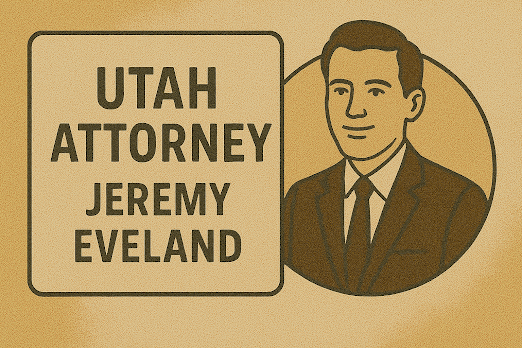Business & Corporate Law near Riverton UT
Business & Corporate Law Near Riverton Utah Overview of Business & Corporate Law Business and corporate law govern all aspects of business formation, operation, compliance, and dissolution. These practice areas include guidance on contracts, employment, intellectual property, mergers and acquisitions, regulatory compliance, dispute resolution, and more. Businesses near Riverton, Utah, benefit from legal frameworks that enable innovation, protect interests, and help organizations navigate complex local and federal regulations. ^1 Key Services Provided by Business & Corporate Lawyers Business and corporate law attorneys near Riverton offer a variety of essential services, including: Business Formation & Structure Assistance with choosing and establishing the right entity type (LLC, corporation, partnership, etc.). Drafting organizational documents (articles of incorporation, operating agreements, bylaws). ^2 Contracts & Transactions Drafting, reviewing, a...
